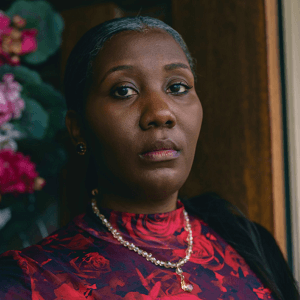Organ donation has emerged as a critical issue for the Black community, as health disparities continue to disproportionately affect African Americans. Despite comprising only 13% of the U.S. population, Black Americans represent about 30% of those on the national waiting list for kidney transplants, highlighting a stark imbalance in organ availability and need.
The demand for organ transplants in the Black community is exacerbated by higher rates of conditions like hypertension, diabetes, and heart disease. These health issues often lead to a greater need for kidney, heart, and liver transplants. However, the supply of organs remains tragically low, resulting in longer wait times and potentially life-threatening delays for Black patients.
Historical mistrust in the medical system poses a significant barrier to organ donation within the Black community. Memories of past medical exploitation, such as the Tuskegee Syphilis Study, continue to fuel skepticism. Yet, modern organ donation processes are highly regulated and overseen by ethical boards to ensure fairness and transparency.
Increasing the number of Black organ donors could directly address these disparities. Due to genetic similarities, matches for organ donation are often more likely to come from donors of the same ethnic background. One organ donor can save up to eight lives and enhance the lives of up to 75 people through tissue donation.
Community leaders, healthcare professionals, and advocacy groups are working to educate and inspire more Black Americans to become organ donors. By embracing organ donation, the Black community has the power to save lives, create lasting legacies, and directly combat health inequities that have long plagued their community.
See “Why the Black community should embrace organ donation” (September 28, 2024)



